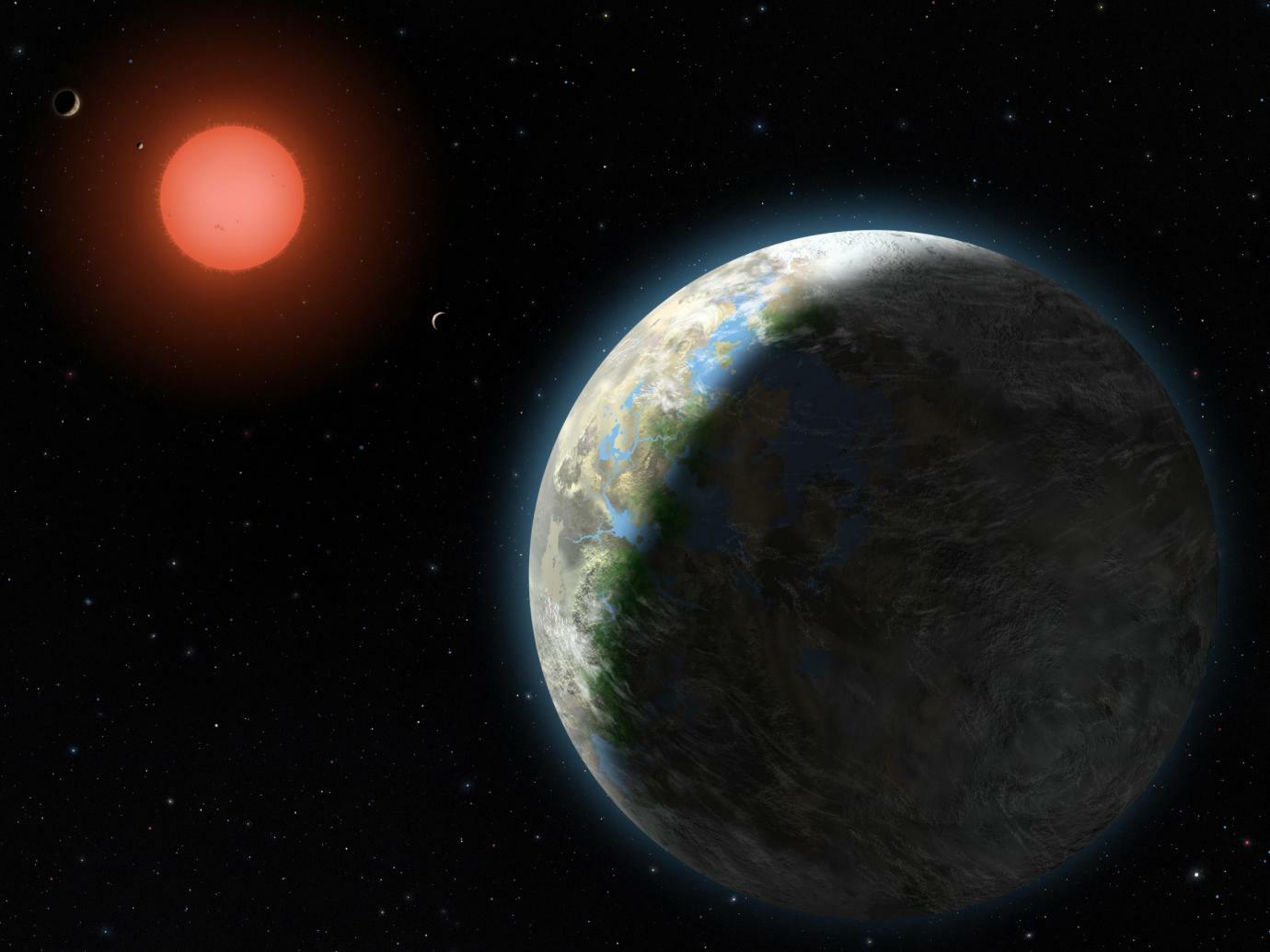A recent study challenges the idea that red dwarf systems can support advanced civilizations. While astronomers have long believed, based on the Copernican Principle, that life should be common throughout the universe, new research suggests that planets orbiting red dwarf stars face unique challenges.

Red Dwarf Planets: Not So Habitable?
Professor David Kipping from Columbia University recently published a paper arguing that Earth might actually be an exception, not the rule, when it comes to supporting advanced life. Red dwarfs, which make up the majority of stars in our galaxy, often have rocky planets in their habitable zones. However, the conditions around these stars—such as frequent stellar flares and tidal locking—could prevent these planets from developing or sustaining complex life forms.
Are We the Cosmic Oddballs?
This research raises fascinating questions about our place in the universe. If most habitable-zone exoplanets orbit red dwarfs but cannot support advanced civilizations, Earth may be even more special than we thought. The search for extraterrestrial life continues, but this study reminds us that the universe’s most common stars might not be the best homes for intelligent beings.
Sources:
Universe Today: New Research Suggests Red Dwarf Systems are Unlikely to Have Advanced Civilizations
















